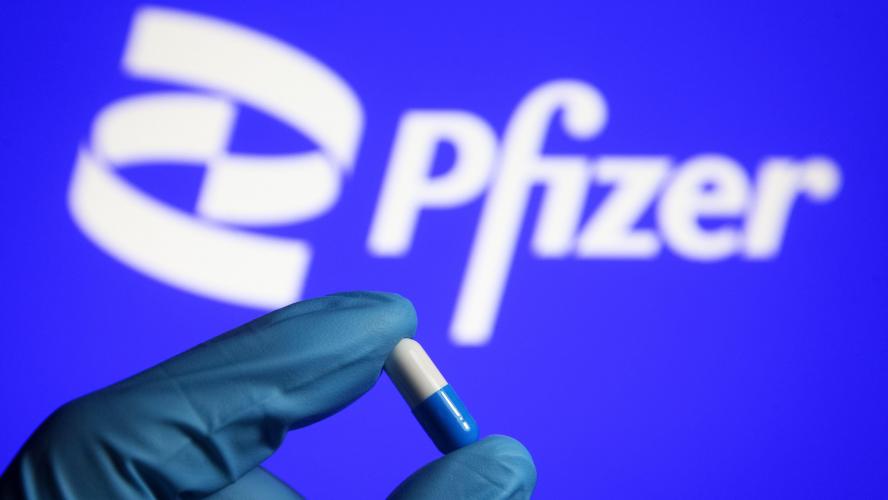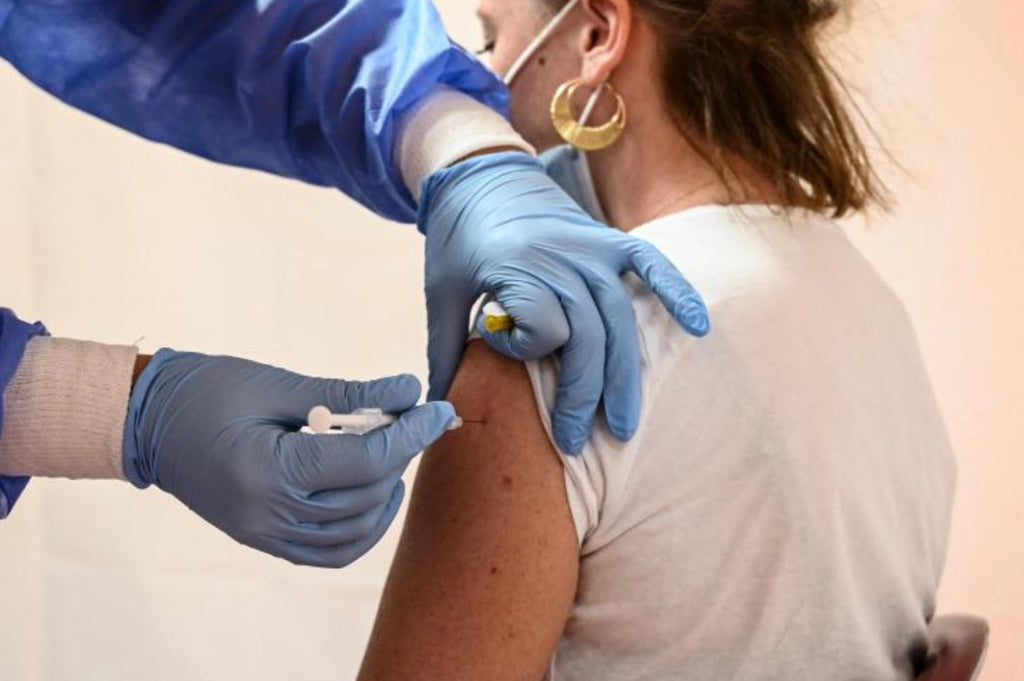Coronavirus: Russian Sputnik V vaccine developers claim longer efficacy
Sylvie Claire / November 25, 2021

The developers of Sputnik V said Wednesday that the Russian vaccine was more effective for longer than other vaccines, including those using messenger RNA (mRNA) technology, the most widely used in the West.
The vaccine would be 80% effective against the coronavirus between six and eight months after the second dose, according to a study of 18,600 people conducted by San Marino authorities in this landlocked microstate in Italy, where more than 70% of the population is vaccinated with Sputnik V.
The efficacy of Sputnik 6-8 months later is much higher than the officially published efficacy of mRNA vaccines, Kirill Dmitriev, director of the Russian Sovereign Wealth Fund that financed the development of Moscow's flagship serum, told a news conference.
The Sputnik team believes that adenoviral vaccines (such as Sputnik V and Astrazeneca, ed.) offer longer efficacy than mRNA vaccines due to a longer antibody and T-cell response, the fund added in a statement.
According to him, the effectiveness of vaccines over time is the key to solving the pandemic, and a lesser effectiveness of vaccines used in Europe could explain the increase in cases on the Old Continent.
Dmitriev also promoted his single-dose vaccine, Sputnik Light, as a booster for other vaccines.
Vaccine combinations work, they should be explored further, he said, citing trials in Argentina combining Sinopharm and Astrazeneca vaccines with Sputnik.
Today we have received permission to use Sputnik V on young people aged 12 to 17, Denis Logunov, head of the group that developed the vaccine at the Gamaleia Center in Moscow, said at the press conference.
Asked about the certification of the Russian vaccine by the World Health Organization (WHO), Dmitriev said that an inspection would take place in Moscow in December and stressed that although the Russian vaccine has not yet been recognized, it is licensed in 71 countries and saves millions of lives worldwide.




